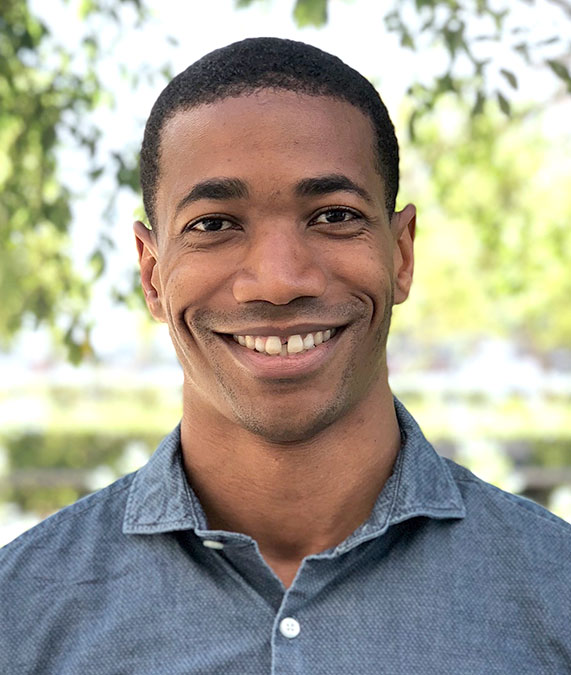
Paul Wesson, PhD
Biography
I am an epidemiologist focused on quantifying the health burdens of (and disparities related to) hard-to-reach and socially marginalized populations, particularly as they relate to infectious diseases. My research expertise includes developing and using data driven methods for sampling hard-to-reach and “hidden” populations, population size estimation methods, and using advanced epidemiologic and statistical techniques to study the social determinants of health. I am particularly interested in the social determinants of infectious disease risk. I see my research as existing at the nexus of infectious disease, data science, and social epidemiology; as such, I incorporate theories and principles from social epidemiology to inform and guide my study designs and analyses (e.g. intersectionality, minority stress theory).
Specifically, as an HIV researcher, my research agenda relates to the unique challenges of sampling hard-to-reach populations for HIV surveillance, and leverages information from the sampling process (and survey data) to generate estimates of the population size. Valid estimates of the population size are a key component of biomedical informatics and epidemiological analyses (providing a denominator for the population at risk) and inform how and where limited public health resources should be targeted. In my research, I have both applied numerous population size estimation methods to data sets derived from bio-behavioral surveillance surveys, public health surveillance, and electronic medical records. As part of my research on population size estimation, I have also developed novel population size estimation methods to correct for known biases.
Additionally, I am interested in extending my research to include Geo-spatial analysis and clinical data to further examine contextual and structural determinants of disparities in health outcomes.